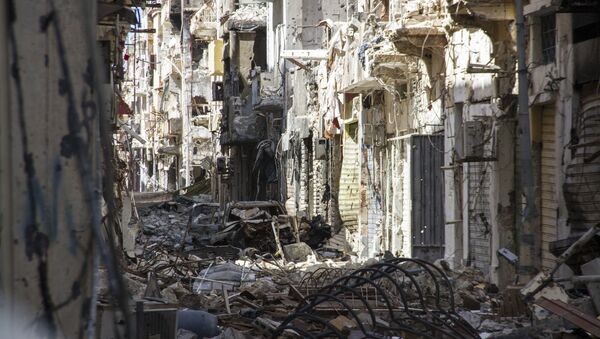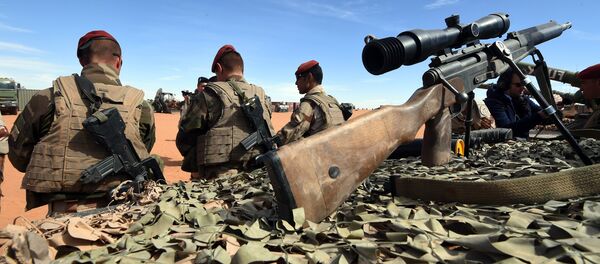"Large-scale war in Libya can be very dangerous, can impact our security, can trigger a flow of refugees from Libya and also infiltration of terrorists," Ali Goutali said.
"Some EU states have already declared their willingness to strike the extremists strongholds in Libya. Tunisia [is] keen to find a political solution to this crisis. This is the only way to bring peace and stability to the region," the ambassador noted.
Goutali said that his country had already seen three terrorist attacks and was very concerned about terrorist activity. Tunisia is on security alert after a series of attacks last year. President Beji Caid Essebsi said last year that Tunisia was at war with terrorism.
The number of Tunisian nationals joining the ranks of Daesh has declined in the course of 2015, he added.
"Since the last parliamentary and presidential elections over the last year, a number of Tunisians who joined the IS has decreased. A number of those who joined during the previous so called 'Troika government' was higher because at that time, the state was weak and no bold measures were taken to curtail this trend," Goutali emphasized.
The mosques were taken over by extremists amid a very difficult economic situation and a high unemployment rate among young people, he added.
"[Currently] there is a control of those mosques, a scheme has been in place to reduce unemployment and give young people hope," the diplomat noted.



